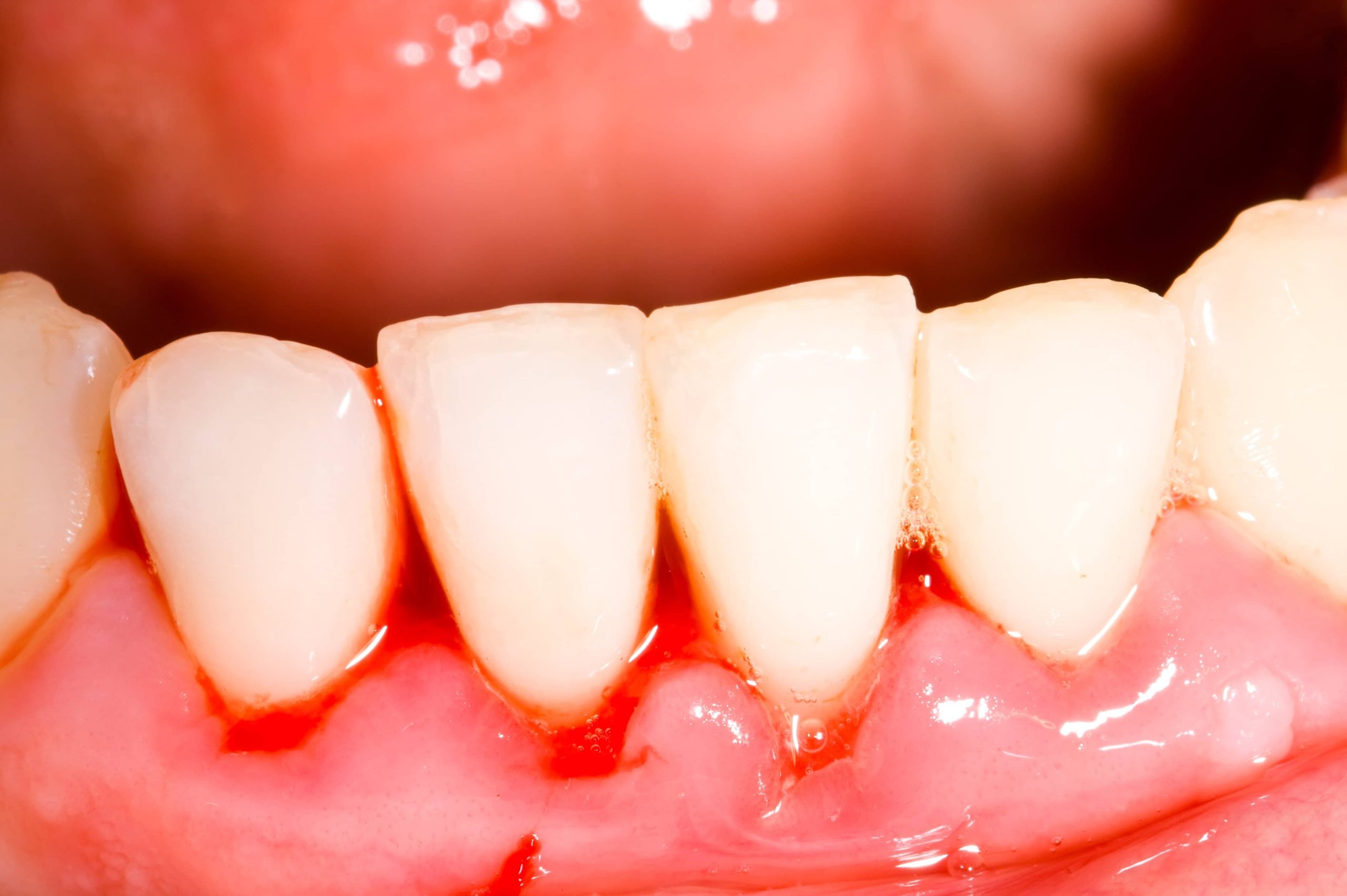There are many things that can occur as part of normal oral health, but may cause us concern if we are well informed about them. Likewise, there are some things that can occur that are not part of normal oral health, but can be overlooked because they seem to be minor and not of concern. It is very helpful to understand the difference between normal oral health conditions and issues, and those that require attention–such as bleeding gums.
If you notice that your gums have a tendency to bleed, especially when you are brushing or flossing your teeth, it is important to recognize that this is not a normal condition you should simply ignore. It’s true that in some cases, your gums may only be mildly irritated and may therefore only bleed temporarily, but in other cases there may be a serious issue that is causing them to bleed on a regular basis. Generally speaking, understanding why gums may bleed can help you to recognize what needs to be watched carefully, what needs to be communicated to your dentist, and what must be done to restore optimal oral health.
The Truth Behind Bleeding Gums
Bleeding gums can have several causes, including:
- Gingivitis. When plaque builds up on your teeth, especially at your gumline, and it is not removed through proper daily brushing and flossing, it can infect the gums and cause gingivitis. Gingivitis is the first stage of gum disease, and it is marked by swollen, tender and bleeding gums. Fortunately when gingivitis is caught early on it can be effectively resolved through regular dental checkups and cleaning as well as proper daily brushing and flossing.
- Blood thinning medication. According to the American Dental Association, blood thinning medications which decrease the blood’s normal ability to clot can contribute to bleeding gums. This can often be resolved by consulting with both your medical doctor and your dentist in order to come up with a workable solution.
- Changing how you floss. If you floss well and thoroughly every single day, flossing alone should not cause your gums to bleed. However, if you normally floss well and then skip flossing for a few days or even longer, when you return to your normal flossing routine you may experience bleeding gums. Where this is the case, persisting with your normal flossing routine for around a week should bring an end to the bleeding problem. If, however, you have continued to floss normally without interruption and suddenly experience bleeding gums, you should consult with your dentist.
- Using a new toothbrush. A soft-bristled toothbrush is usually the best option, but there are sometimes reasons for why you need to switch to a firmer toothbrush–for example, when your normal toothbrush becomes contaminated and the only replacement is a firmer toothbrush. This switch may cause your gums to bleed, but it can be easily resolved by switching back to a soft-bristled toothbrush as soon as possible.
- Pregnancy gingivitis. Pregnancy gingivitis is a condition of swollen and bleeding gums that can occur during pregnancy as a result of normal hormonal changes. Fortunately, a dental checkup and cleaning as well as daily, proper brushing and flossing can help mitigate the situation, which should clear up smoothly after pregnancy.
As always, any oral health issues or concerns you have should be discussed with your dentist, Dr. Saferin. Whether the issue or concern is small or great, it is always better for your health and comfort to have it properly assessed and resolved early on. This is especially true in the case of bleeding gums, where the probable existence of gingivitis can indicate that one is moving into the beginning stages of gum disease. Needless to say, it is far easier and more comfortable to handle gum disease early on, rather than when it progresses and exacerbates into far worse and more painful conditions. So consider bleeding gums your body’s way of indicating that something is up, and take action to find out what you can do to restore optimal oral health.
[text-blocks id=”1369″]


